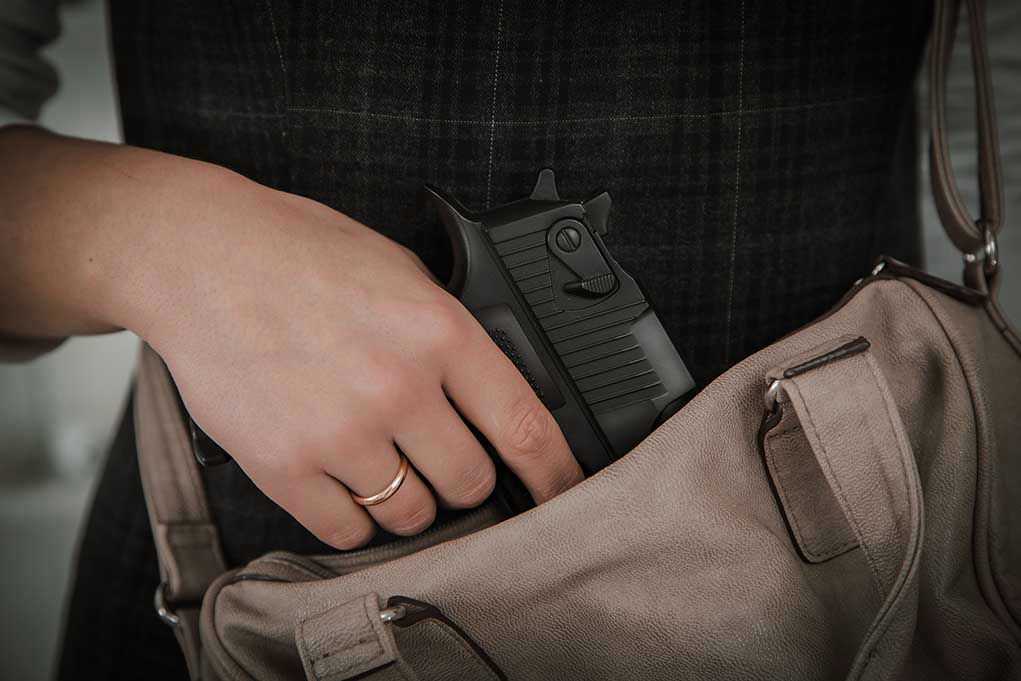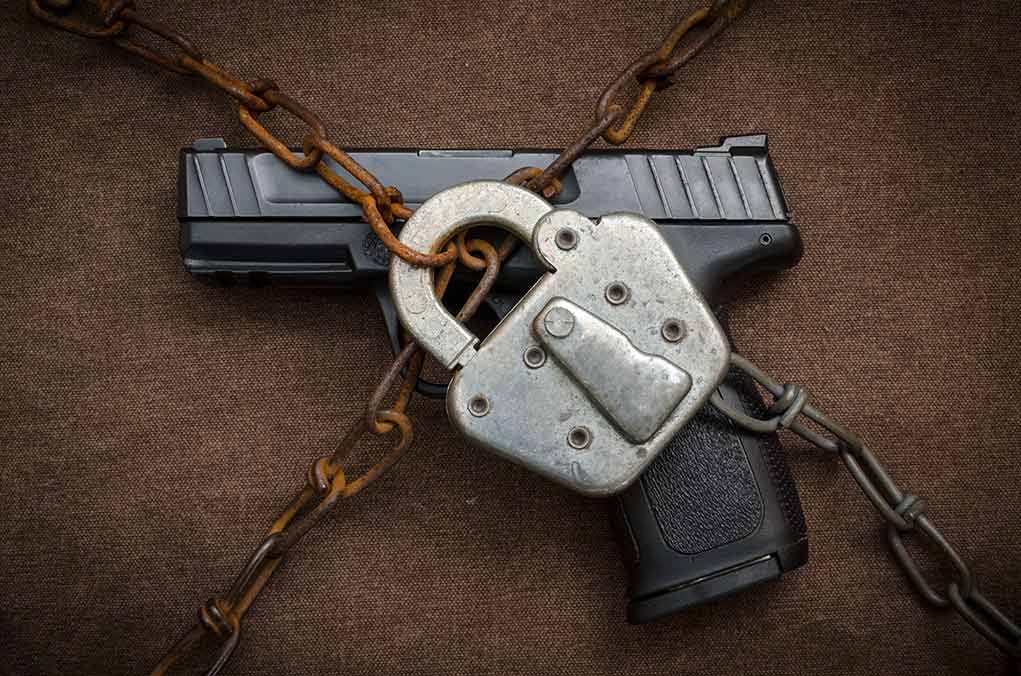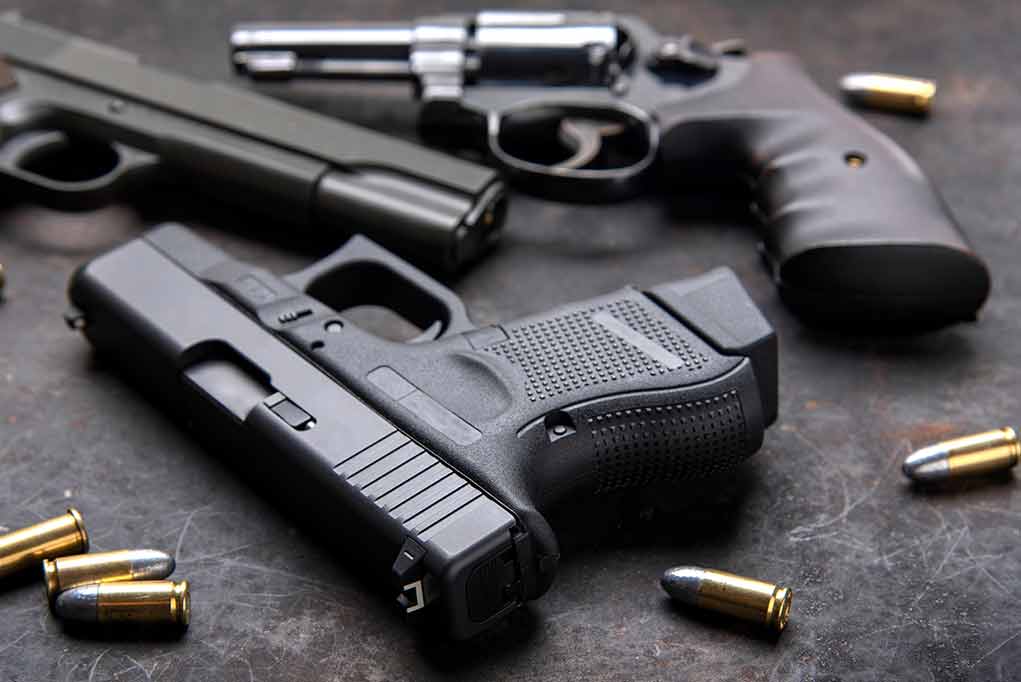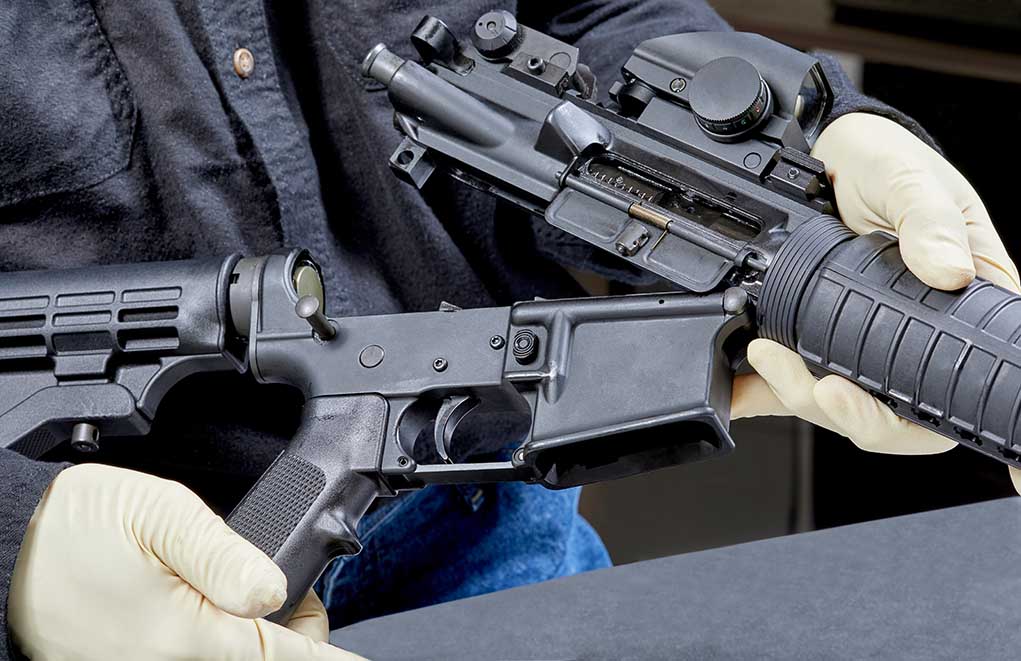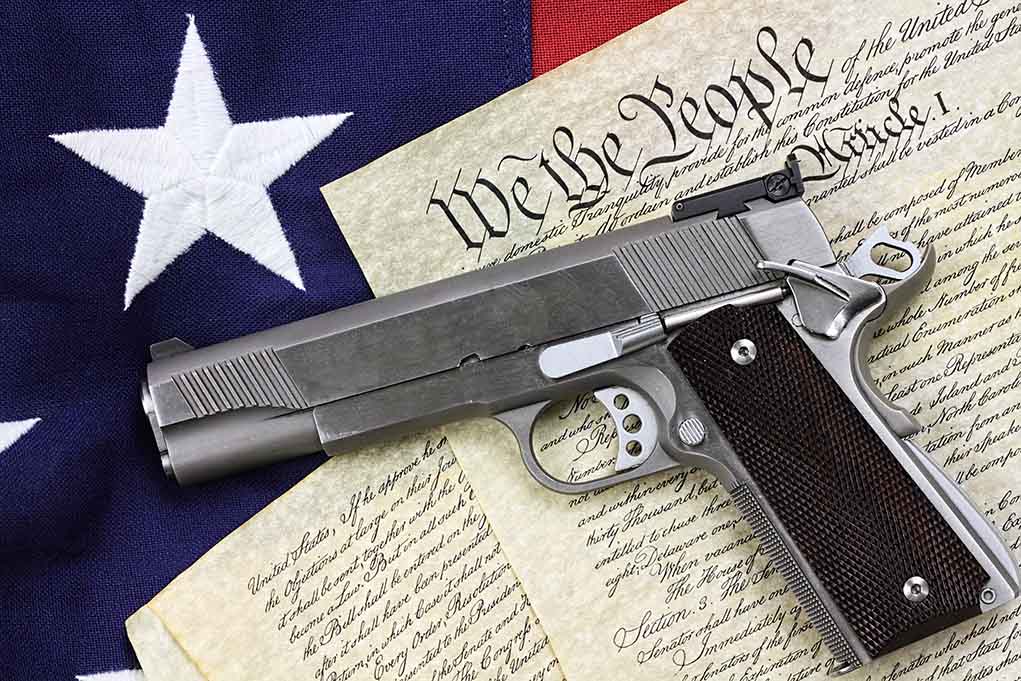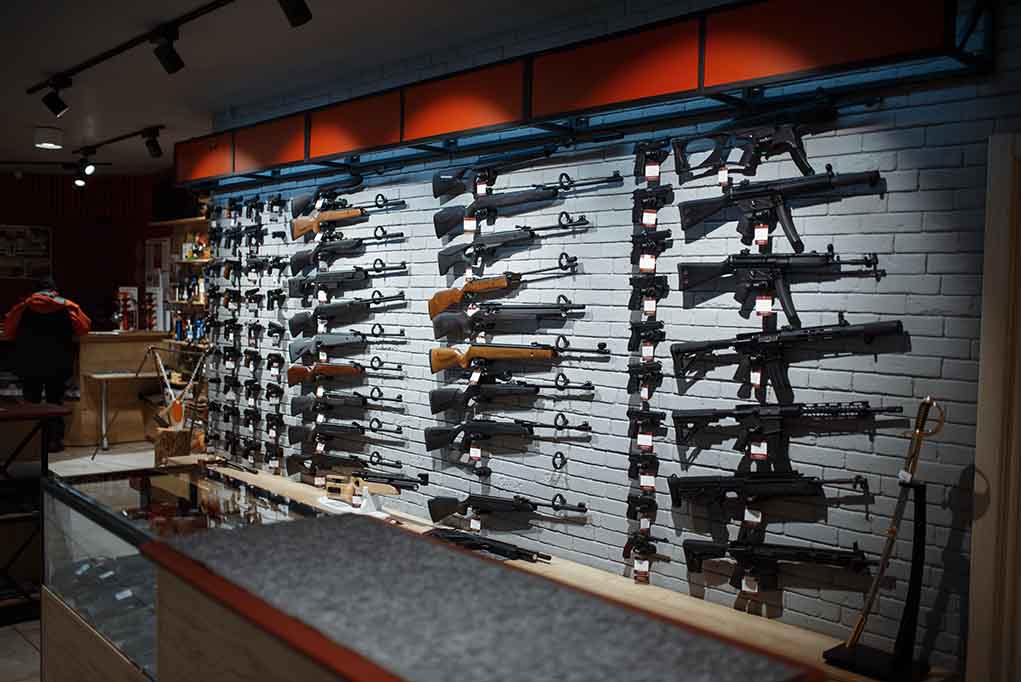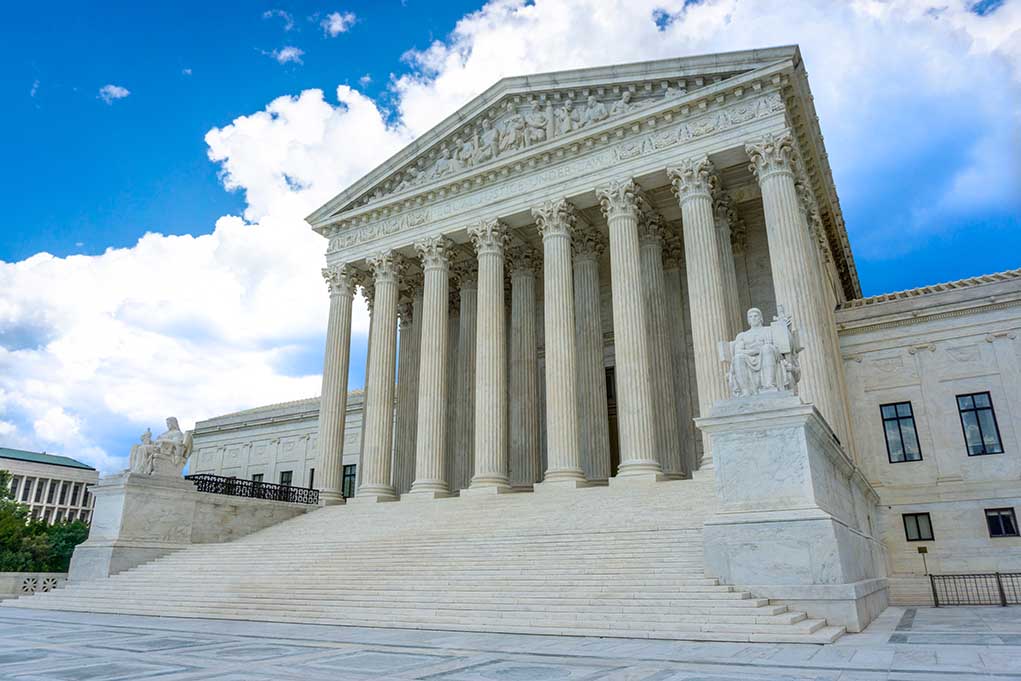
A coalition of 27 Republican-led states, spearheaded by West Virginia, has urged the Supreme Court to limit the Biden administration’s controversial “ghost gun” ban.
At a Glance
- 27 GOP-led states challenge ATF’s “ghost gun” rule in Supreme Court.
- The rule expands the definition of “firearm” to include weapon parts kits and partially complete frames or receivers.
- Supreme Court to hear arguments in Garland v. VanDerStok on Oct. 8.
- Coalition argues ATF overstepped its authority, as Congress has not outlawed these items.
Republican-Led States Challenge ATF Rule
In a bold move against what they see as federal overreach, a coalition of 27 Republican-led states has petitioned the Supreme Court to strike down the Biden administration’s so-called “ghost gun” ban. The challenge focuses on a 2022 rule by the Bureau of Alcohol, Tobacco, Firearms and Explosives (ATF) that expanded the definition of a “firearm” to include weapon parts kits and partially complete frames or receivers.
West Virginia spearheaded a coalition of 27 GOP-led states urging the Supreme Court to limit the Biden administration’s so-called ghost guns ban. https://t.co/WjZexdUfar
— Washington Examiner (@dcexaminer) August 22, 2024
The Supreme Court is set to hear arguments in the case Garland v. VanDerStok on October 8. This legal battle has significant implications for gun rights and regulation in America, pitting states’ rights advocates against federal authorities seeking to curb the proliferation of untraceable firearms.
What Are Ghost Guns?
“Ghost guns” refer to firearms assembled from kits or 3D-printed parts that lack serial numbers, making them untraceable. These weapons have become a growing concern for law enforcement due to their association with criminal activities and the challenges they present in tracking and regulation.
“Anyone could buy a kit online and assemble a fully functional gun in minutes — no background check, records, or serial number required,” U.S. Solicitor General Elizabeth Prelogar argued, highlighting the ease of access to these weapons.
Proponents of tighter regulation, including the Biden administration, argue that these measures are vital for public safety. However, opponents, primarily Republican-led states and Second Amendment advocates, contend that the ATF’s rule infringes upon constitutional rights and exceeds the agency’s authority.
Legal Battle Unfolds
The legal challenge has seen several twists and turns. Initially, Texas-based U.S. District Court Judge Reed O’Connor ruled that the ATF had exceeded its authority in banning partially made guns. The U.S. Court of Appeals for the 5th Circuit declined to put this ruling on hold, prompting the Biden administration to seek Supreme Court intervention.
“Here again is an example of how the Biden administration uses bureaucratic agencies, this time the ATF, to act as legislators instead of enforcing the laws Congress passed,” West Virginia Republican Attorney General Patrick Morrisey stated, encapsulating the coalition’s stance.
The Supreme Court temporarily allowed the rule to remain in effect by a 5-4 vote while the challenge proceeded in lower courts. However, in November, a panel of three judges from the 5th Circuit ruled against the “Frame or Receiver” rule, stating the ATF was overstepping its authority.
Constitutional and Public Safety Concerns
The case raises significant questions about the balance between public safety and constitutional rights. Opponents of the regulation argue that the Biden administration is attempting to change a long-standing legal understanding and harm kit manufacturers and dealers. They cite the recent decision overturning the Chevron deference, emphasizing the ATF’s history of ignoring statutory text and Administrative Procedure Act mandates.
On the other side, supporters of the regulation, including a coalition of 25 attorneys general led by Illinois Attorney General Kwame Raoul, argue that ghost guns should be considered firearms under the federal Gun Control Act of 1968. They contend that the rule is necessary to prevent gun violence and assist law enforcement in tracking these weapons.
The outcome of this Supreme Court case could have far-reaching implications for gun control policies and constitutional interpretations regarding firearms in the United States. As the nation grapples with ongoing concerns about gun violence and Second Amendment rights, all eyes will be on the Supreme Court as it prepares to hear this landmark case.
Sources:
- GOP-led states ask Supreme Court to trounce ATF ‘ghost gun’ rule
- ATTORNEY GENERAL RAOUL URGES U.S. SUPREME COURT TO UPHOLD FEDERAL GHOST GUN REGULATIONS
- Attorney General Schwalb Leads Coalition Urging Supreme Court to Uphold Federal Ghost Gun Regulations
- Appeals court says ATF exceeded authority with ‘ghost gun’ rule
- A new Supreme Court case seeks to make it much easier for criminals to buy guns
- GOP Attorneys General Urge ATF to Strike Its Proposed Gun-Control Rule
- Biden lays out Supreme Court reform agenda for final days of presidency


